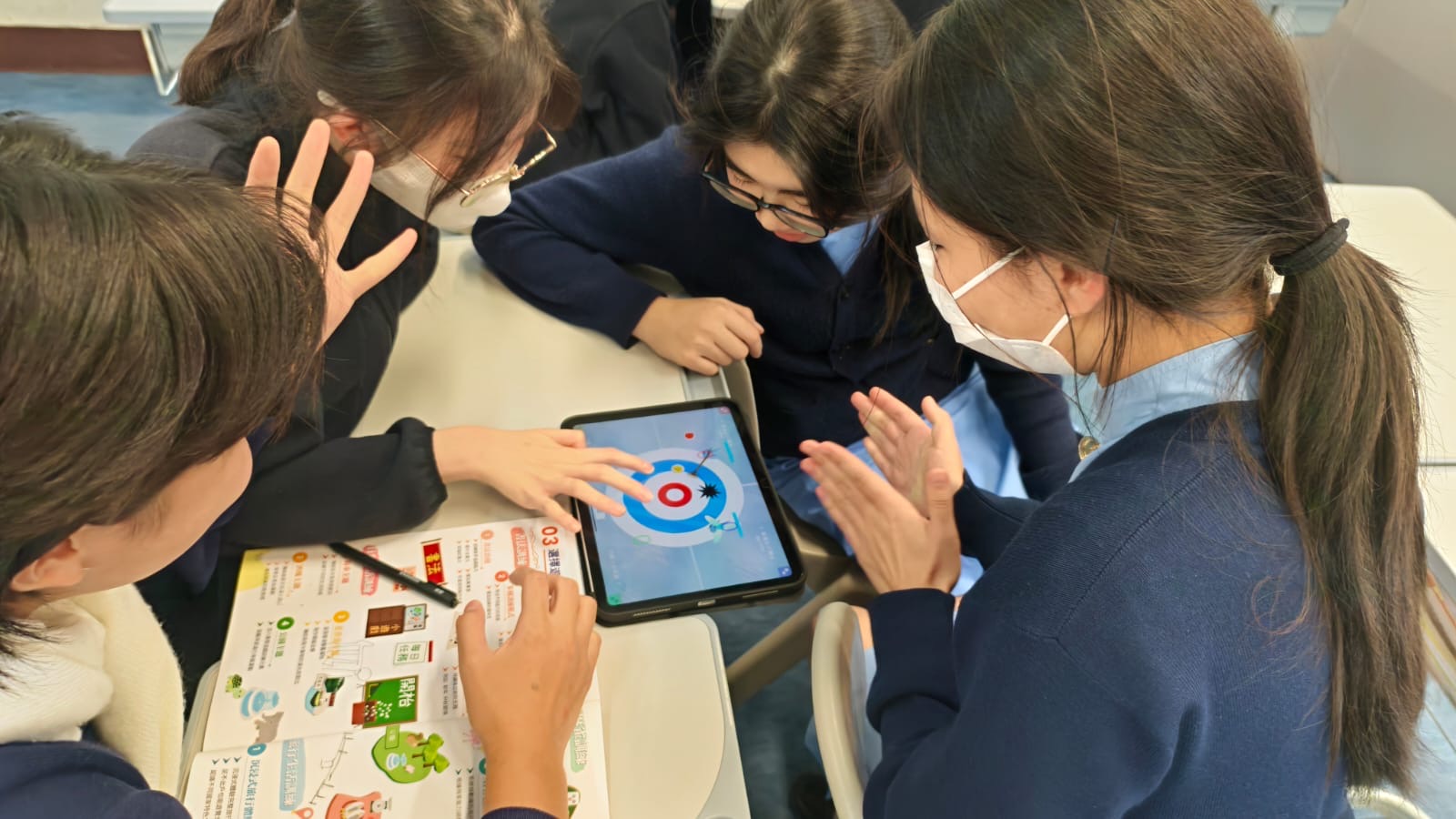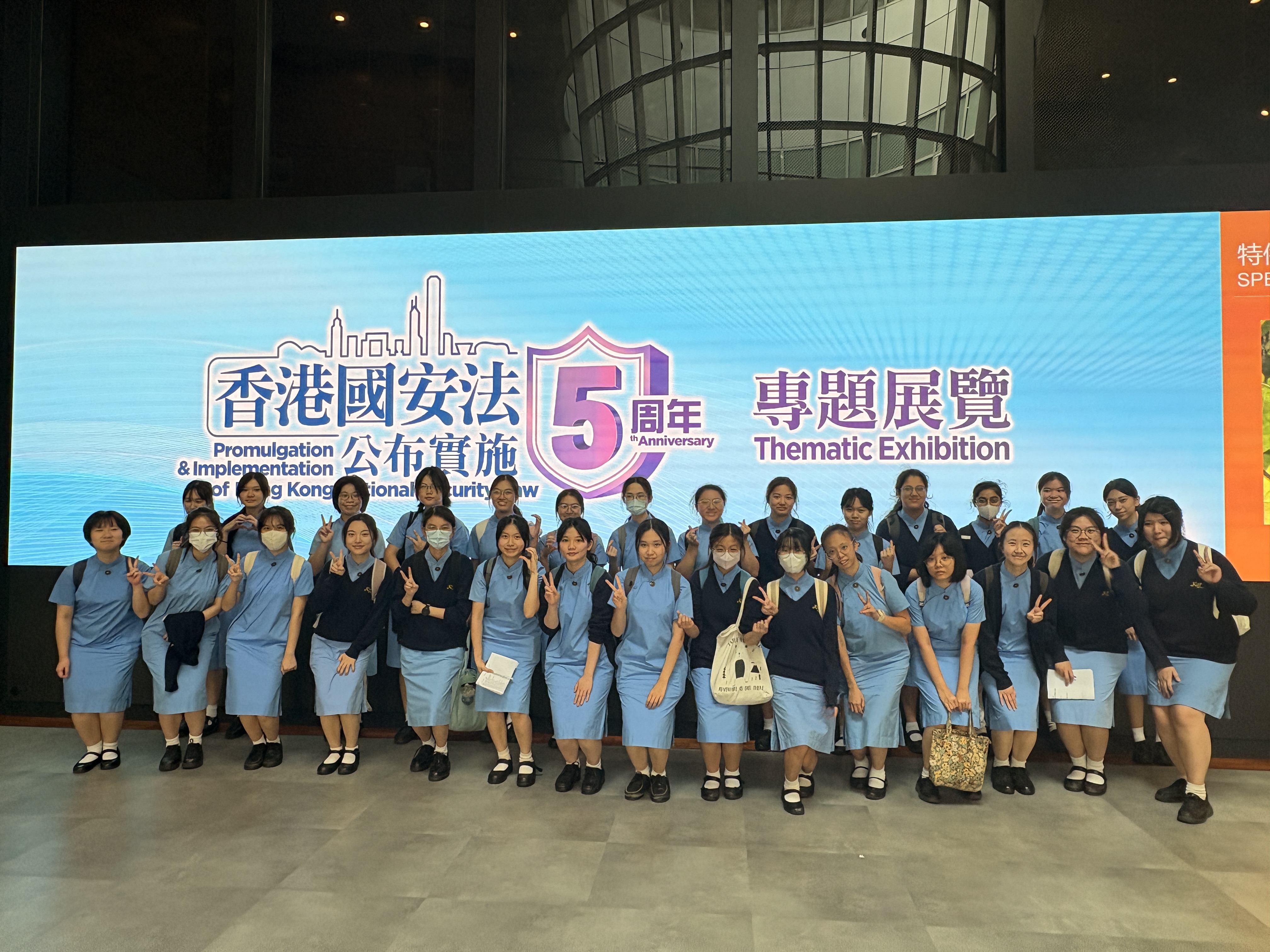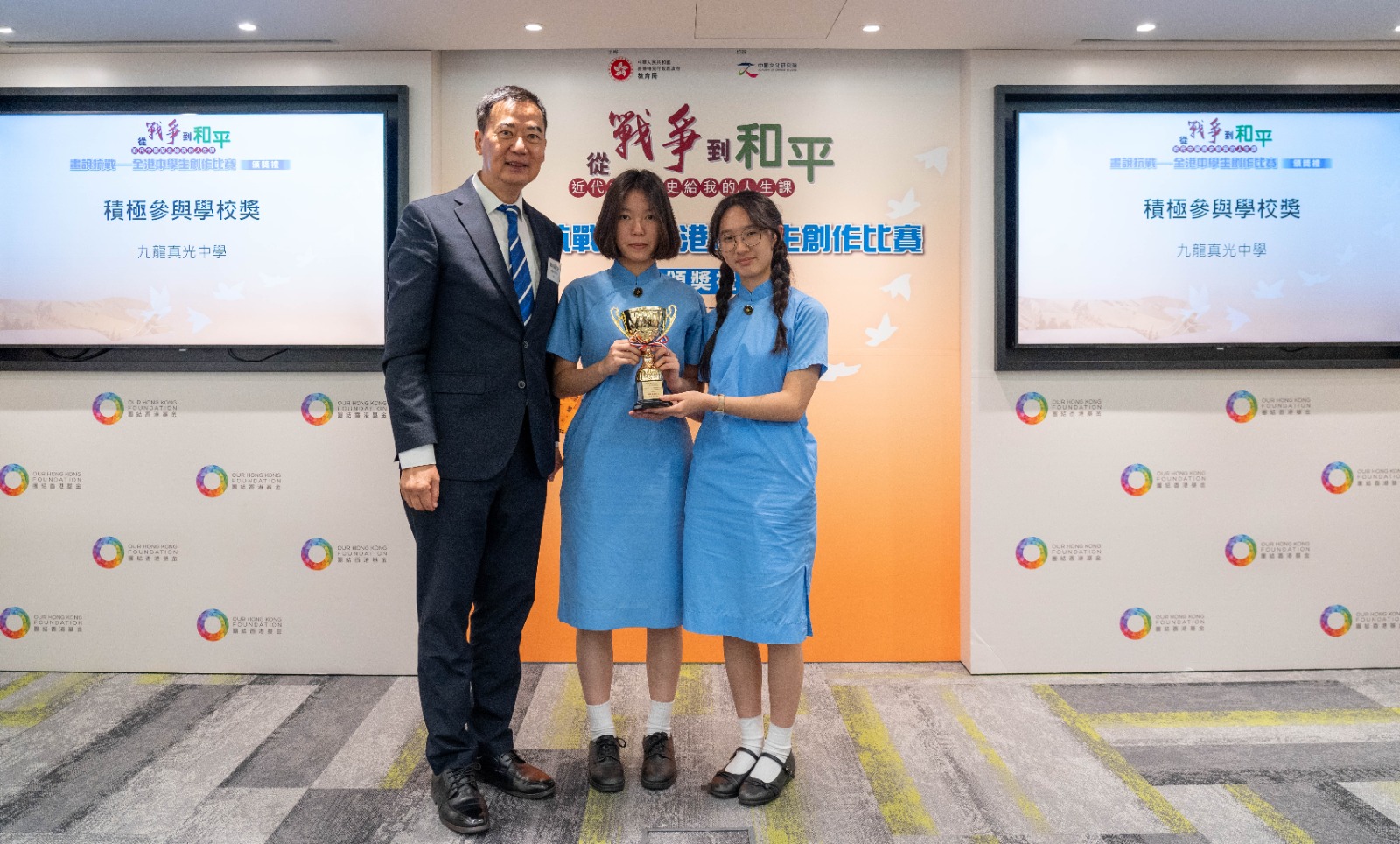“Professional Dialogue for our Biotechnology Curriculum with the Curriculum Development Council and the Hong Kong Examinations and Assessment Authority “
Deepening Cross-Disciplinary Dialogue, Pioneering New Visions in Biotechnology Education
Our school was honored to host a delegation from the Curriculum Development Council and the Hong Kong Examinations and Assessment Authority (HKEAA) for a visit focused on innovative practices in biotechnology education. Led by Principal Lee Yi-ying and Director of Biotechnology Education Chan Kwan-wai, the delegation toured our Biotechnology Laboratory with advanced equipment and engaged in in-depth discussions on curriculum design, assessment trends, and interdisciplinary collaboration.
From Vision to Practice: Showcasing the Distinctiveness of Our School-Based Curriculum
During the visit, Principal Lee Yi-ying delivered a keynote titled “Rooted in Scientific Literacy, Bridging Future Industries”, outlining our school’s “Inquiry-Driven Innovation” curriculum framework. She emphasized the dual focus on building strong theoretical foundations and cultivating real-world problem-solving skills through project-based learning. Mr Chan further elaborated on the cross-year curriculum framework, highlighting examples such as:
Students modifying bacterial genes through transformation to create Genetically Modified Organisms (GMO).
S3 students applying bioinformatics to analyse peptide sequences and their three-dimensional structures.
It foster a spiral learning progression that integrates hands-on experimentation, data analysis, and ethical reflection.
Future Prospects: Igniting Educational Momentum Through Industry-Government-Academia Collaboration
Concluding the visit, representatives from the Curriculum Development Council commended the school’s efforts to extend biotechnology education from the laboratory to scientific research, noting its significance as a reference for curriculum reform. Principal Lee reaffirmed the school’s commitment to strengthening partnerships with industry leaders and assessment bodies, as well as empowering teachers to engage with local and international biotechnology education networks. These initiatives aim to synchronize curriculum development with advancements in the biotechnology sector, ensuring students remain at the forefront of scientific and industrial innovation.



